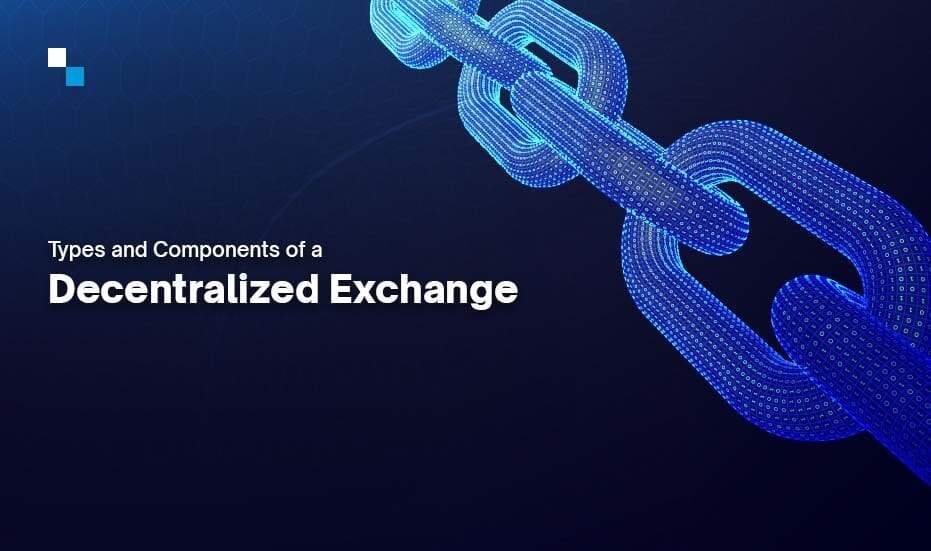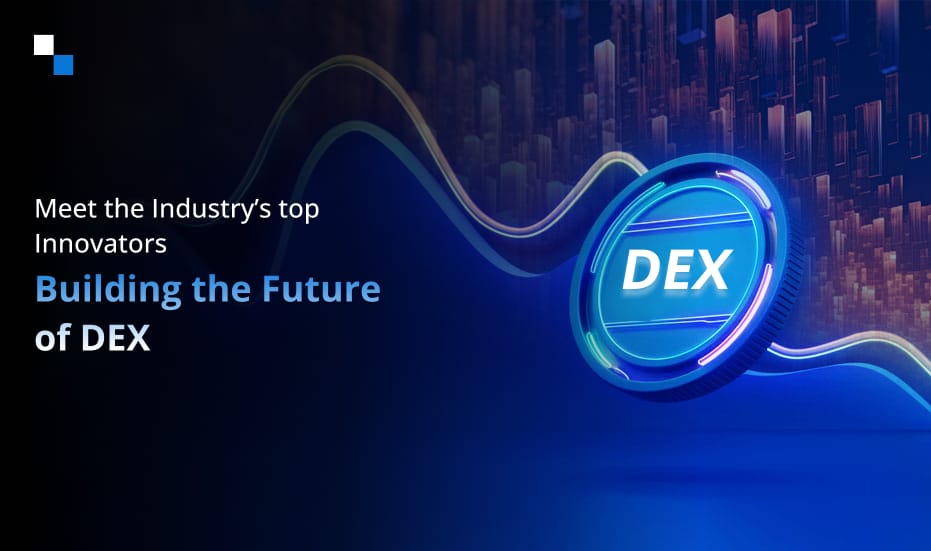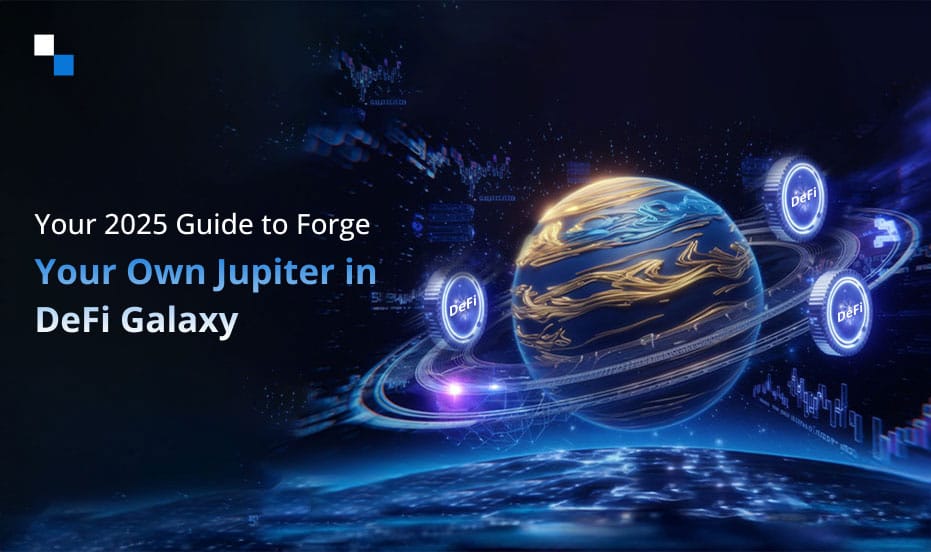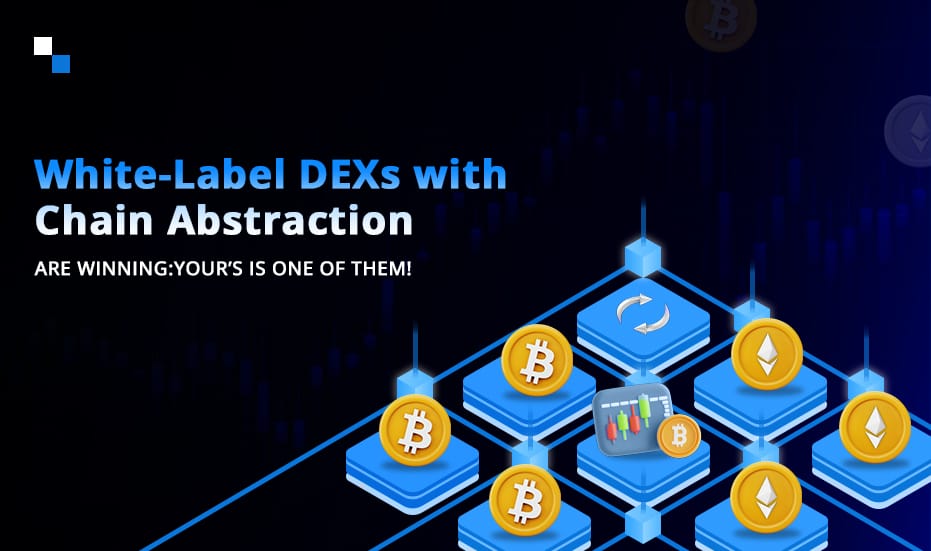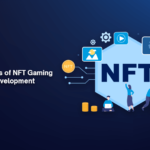Decentralized finance exchange (DEXs) was intended to address all of the shortcomings of a centralized exchange. Monolithic enterprises do not run DEXs; instead, they are decentralized, and trading is entirely distributed because of smart contracts.
The fundamental advantage of decentralized exchanges such as Uniswap and SushiSwap is that users may start buying and selling cryptocurrency practically immediately. Because most DEXs are based on the Ethereum blockchain, all that the users need is an ETH wallet.
Users may begin trading instantly after connecting their wallets to the exchange. There is no registration procedure or any KYC/AML verification. Users are not required to provide any personal information.
Another significant advantage of DEXs is that they allow users to purchase and sell different cryptocurrencies. The number of published currencies and tokens is limited on centralized exchanges. However, decentralized exchanges enable blockchain programmers to register their projects directly on the exchange.
Let’s take a look at the types of Decentralized Exchanges (DEX):
A decentralized finance exchange is classified into three types:
1. Automated market makers
2. Order book DEXs
3. DEX aggregators.
1. Automated market makers are decentralized exchanges that use an algorithm to decide the price of a digital asset. These protocols are built on smart contracts, automatically calculating and proposing an exchange price between two digital assets. These assets are traded automatically between users, depending on an algorithm. Rather than communicating with one another, the entities participating in the trade communicate with the smart contract. The Automated Market Maker takes advantage of liquidity pools to substitute buyers and sellers. Uniswap and balancer exemplify this form of a decentralized exchange.
2. DEXs based on order books – DEXs are used to order books to match orders and exchange assets. These are examples of peer-to-peer exchanges, in which two people exchange assets with one another. These are based on people submitting an order reflecting a deal they want to make. People can place buy and sell orders. As more demands are placed, the order book expands, increasing liquidity. There are two DEXs: on-chain order book DEXs and off-chain order book DEXs.
3. DEX aggregators – To acquire the quickest and most practical value for a switch, the best price across all DEXs must be checked. Manual verification is inefficient and does not allow for complicated trade channels and itineraries. DEX aggregators collect liquidity from several DEXs and provide consumers with higher token swap prices than they might receive otherwise.
The components of a decentralized finance exchange include the following:
- Graphical User Interface – Despite its exceptional efficiency, the website’s Reach is dependent on the internal user interface.
- Internal messenger – Buyers and sellers can communicate while the transaction is in progress.
- A trading engine and a matching engine are more crucial features in the cryptocurrency program for a deal to occur. There will be no leverage of transactions if there is no trade engine or market engine.
- Cryptocurrency wallet — Due to its decentralized nature, it becomes safer.
- Liquidity – The more liquidity, the greater the level of user involvement with the exchange platform.
- Admin system – Not for regulating commerce or acting as a mediator, but for keeping an eye on things and resolving issues.
- Smart contract — Every coin that operates on a blockchain has its smart contract, and the DEX platform is no different.
- Order books – The most critical component of any exchange will be the trade engine and order books. However, unless you are constructing a hybrid exchange site like Binance that supports both centralized and decentralized exchange, an order book is not required for decentralized exchange.
How can a decentralized exchange script be used to build a DEX platform?
With all of the tools and functionalities listed above, you may use a decentralized exchange script to develop your decentralized exchange platform. However, given the effort and the code, you will require an established team to complete the task. As a result, it is prudent to use a DEX exchange application development provider to develop your exchange platform. Have you ever considered quickly developing your DEX platform and launching your business? You may accomplish that with a ready-made DEX exchange script.
If you are planning to build a decentralized exchange, Antier Solutions can be your reliable technical partner. We offer business-oriented exchange development services to develop and deliver highly secure and user-friendly exchange platforms.
Connect with our subject matter experts to share your needs for decentralized finance exchange development.
